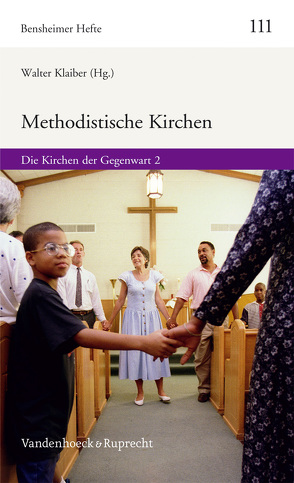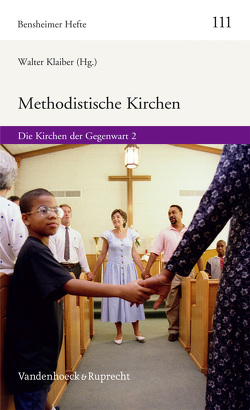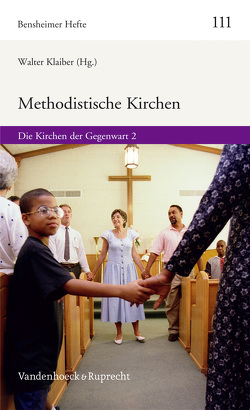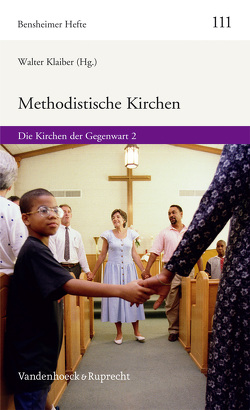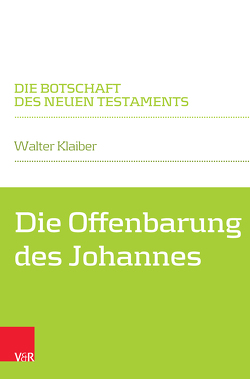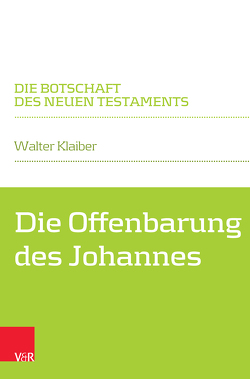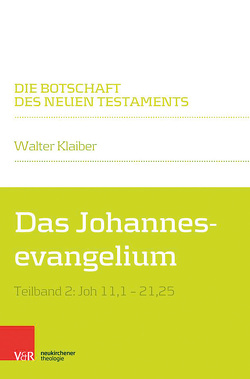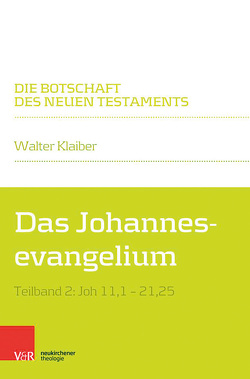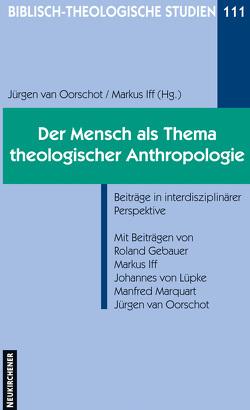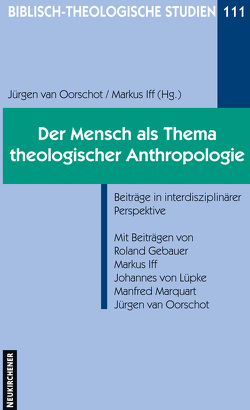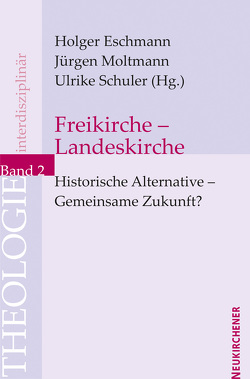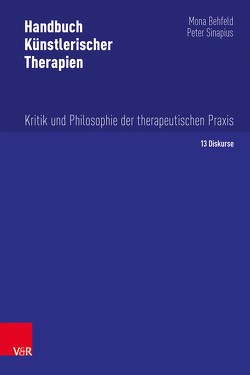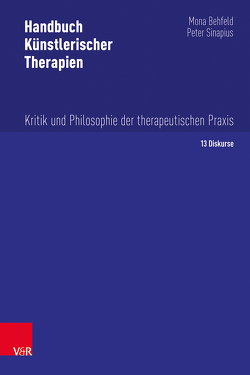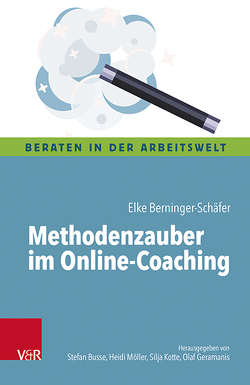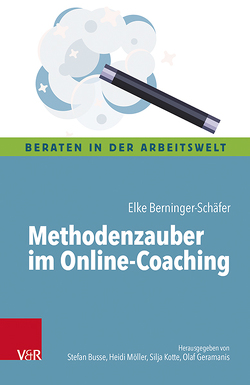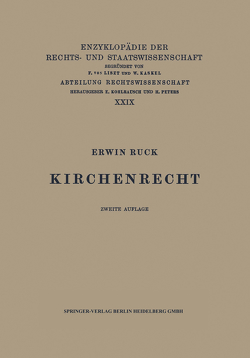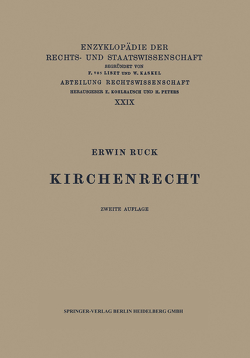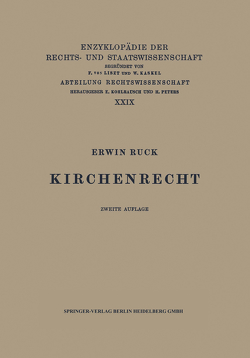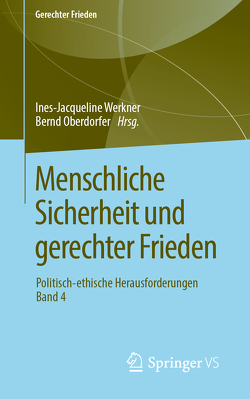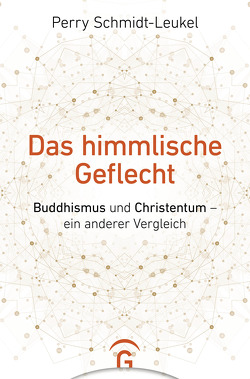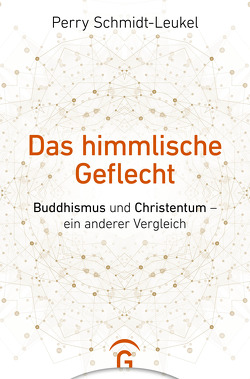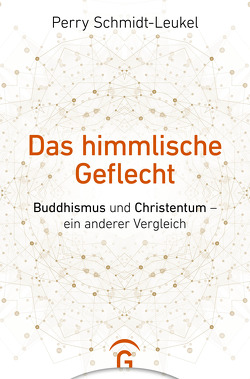Methodistische Kirchen
Die Kirchen der Gegenwart 2
Rebecca Asedillo, Ted A. Campbell, Kenneth Cracknell, José Carlos de Souza, Joseph M.Y. Edusa-Eyison, Walter Klaiber, Manfred Marquardt, Luther Oconer, Ulrike Schuler, Hermen Shastri, Susan White, David Kekumba Yemba, Norman Young
Methodism sees its role not in the founding of new churches, but in the renewal of Christianity. Despite its own diversity, it has been – and is today – a major force in the ecumenical movement. Its distinct theology has been the source of many important impulses for spreading and teaching Christian beliefs.Between the Reformation of the 16th cenutry and the rise of the Evangelical churches in the 20th century we find the Methodistic Pentecostal movement, which greatly changed the church landscape worldwide since the 18th century. Especially the lived piety, the missionary and social work implanted in Methodism served as an incentive to other Protestant churches. The Methodist churches were from the beginning also deeply involved in the ecumenical movement – up to the present day. That its distinct theology provided many impulses for spreading and teaching Christian thought the world over is often neglected or forgotten – even among the Methodists themselves.
